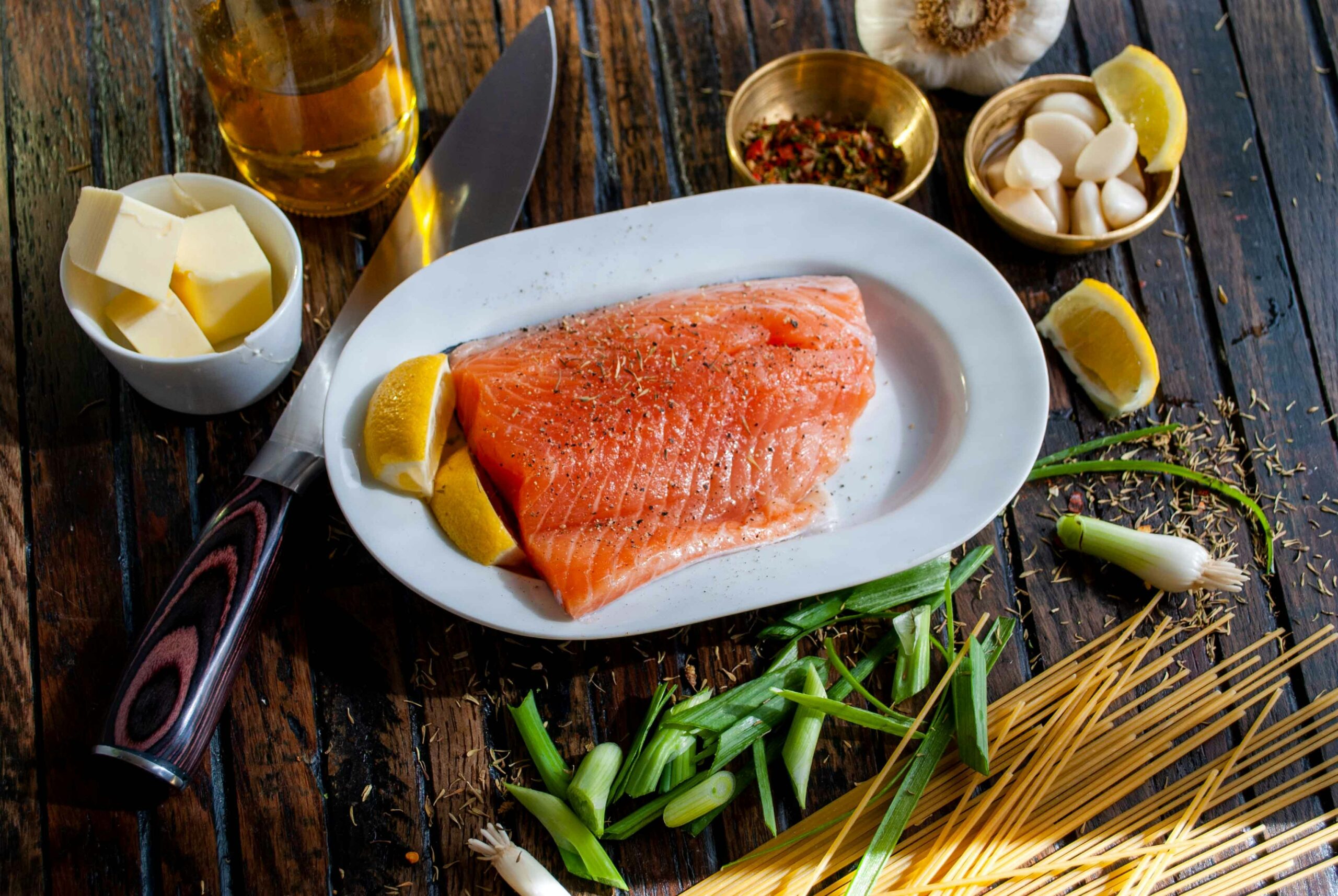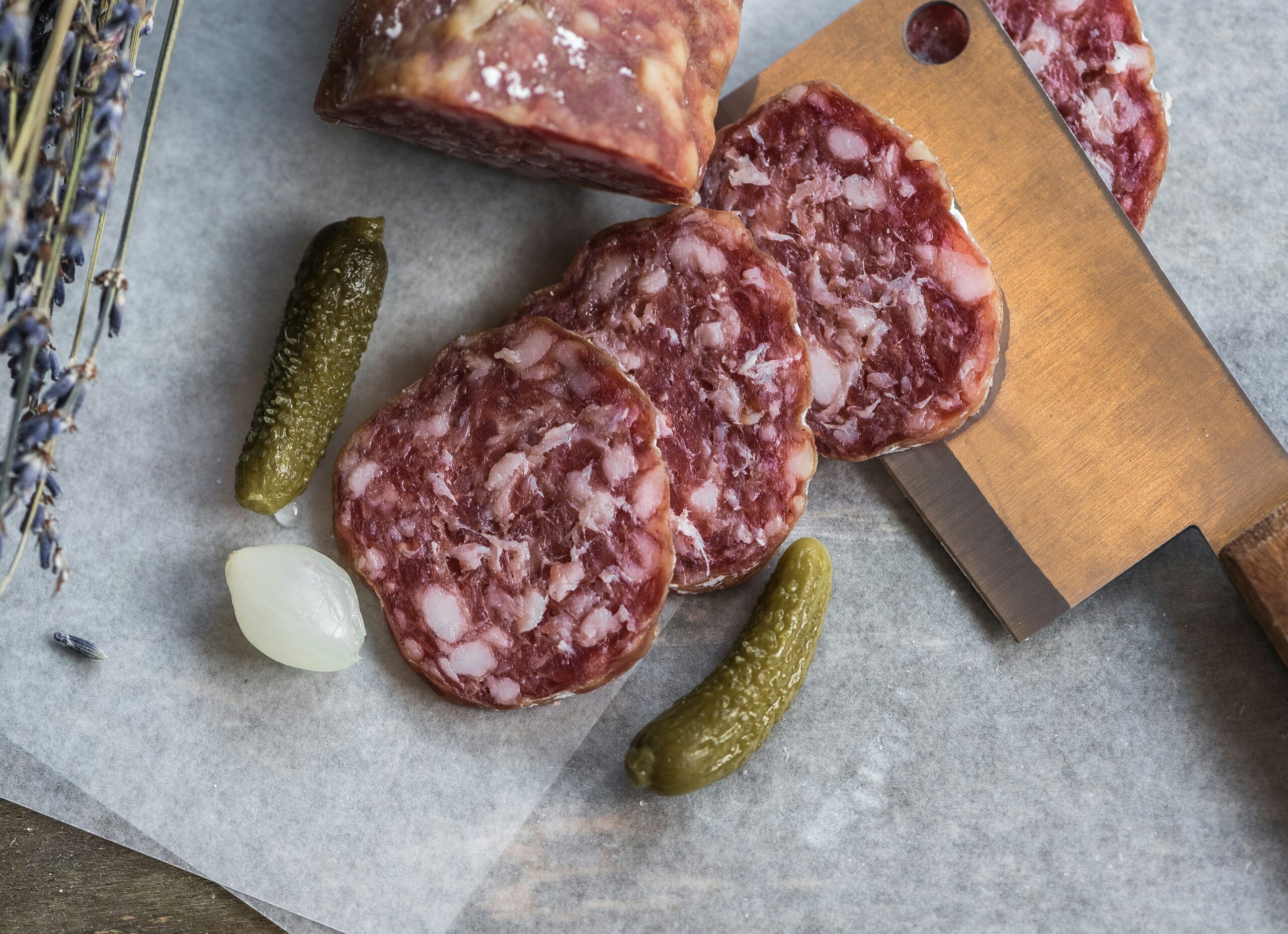Have you ever wondered whether the keto diet could be a solution to gallbladder issues? It’s a question that many people ask, especially those looking for ways to mitigate health problems without relying solely on medication or invasive procedures. The ketogenic diet, known for its high-fat, low-carbohydrate composition, has been touted for various health benefits, and some suggest it might help with gallbladder problems. Let’s explore this topic to see if the keto diet can indeed play a role in managing gallbladder health.

Understanding the Gallbladder and Its Function
Before diving into the keto diet’s potential impact on gallbladder issues, it’s important to understand what the gallbladder is and what role it plays in your body. The gallbladder is a small, pear-shaped organ located beneath your liver. Its primary function is to store and concentrate bile, a digestive liquid produced by the liver. Bile helps in breaking down fats in the diet, making it easier for your body to absorb and digest them.
Common Gallbladder Problems
Several common issues can affect the gallbladder, including gallstones, inflammation, and cholecystitis. Gallstones are hard particles that form in the gallbladder, often made from cholesterol or bilirubin. They can cause pain and block the bile ducts, leading to more severe complications. Inflammation can occur when the gallbladder is irritated, often by gallstones, and cholecystitis refers to a severe inflammation that needs quick medical attention.
The Keto Diet: A Brief Overview
The ketogenic diet, or keto diet for short, is a high-fat, low-carbohydrate diet that aims to put your body in a state of ketosis. This is where your body becomes highly efficient at burning fat for energy rather than relying on glucose derived from carbohydrates.
How the Keto Diet Works
The goal of the keto diet is to drastically reduce carbohydrate intake and replace it with fats. When you do this, your body enters a metabolic state known as ketosis. In ketosis, your liver converts fats into ketones, which become the main source of energy. This shift can lead to weight loss and other health benefits, which is why many people are drawn to the diet.
Connection Between Gallbladder Function and Fat Consumption
Since the gallbladder’s function is tied to the digestion of fats, it’s relevant to consider how a high-fat diet like keto could affect your gallbladder.
The Role of Bile in Fat Digestion
Bile is crucial for breaking down dietary fats into smaller particles that your body can absorb. When you consume a high-fat diet, your gallbladder needs to work efficiently to release bile into the digestive tract. A potential concern is whether the increased fat intake on a keto diet could strain the gallbladder or, conversely, improve its function.
Does Fat Consumption Aggravate Gallbladder Issues?
The common belief is that consuming too much fat might aggravate gallbladder issues, particularly if you have gallstones. Since bile is needed to digest fats, a higher fat intake might overwork the gallbladder, potentially leading to pain or other complications. Thus, it’s crucial to understand the balance needed for individual cases.
Potential Benefits of the Keto Diet for Gallbladder Health
While there are concerns, some argue that the keto diet might offer benefits for gallbladder health. The logic is that adjusting fat intake and modifying other aspects of diet might encourage better bile flow and fewer symptoms.
Weight Loss and Gallbladder Health
One notable advantage of the keto diet is weight loss, which can, in some cases, mitigate gallbladder issues. Obesity is a risk factor for gallbladder disease, and losing weight can help decrease the stress on the gallbladder. However, it’s important to lose weight gradually, as rapid weight loss might increase the risk of developing gallstones.
Improved Bile Flow
Another potential benefit could be improved bile flow. By regularly consuming fats, people on a keto diet might maintain a steady demand for bile, helping keep it flowing smoothly and potentially reducing the risk of stone formation.

Potential Risks of the Keto Diet on Gallbladder Health
Despite potential benefits, there are also risks when adopting a keto diet, particularly if you already have gallbladder issues.
Risk of Increased Gallstone Formation
A high intake of fat, especially saturated fat, might increase the risk of gallstone formation. For some people, particularly those predisposed to gallstones, this risk could be significant. It’s essential to monitor your health and discuss any dietary changes with a healthcare provider.
Impact on People Without a Gallbladder
If you’ve had your gallbladder removed, you might wonder how this diet could affect you. Without a gallbladder, bile flows directly from your liver into your small intestine. Some people without a gallbladder might have difficulty digesting high-fat meals since bile is not stored and concentrated for release. For these individuals, the keto diet could cause digestive discomfort or other issues.
Managing Gallbladder Health While on the Keto Diet
If you’re considering the keto diet to address gallbladder concerns, it’s vital to approach it thoughtfully. Here are some strategies to maintain gallbladder health while following this diet.
Choose Healthy Fats
Not all fats are created equal, and choosing healthy fat sources is crucial. Focus on monounsaturated and polyunsaturated fats, found in foods like avocados, nuts, seeds, and olive oil. These can be better for your gallbladder and overall health compared to saturated and trans fats.
Gradually Increase Fat Intake
If you decide to try the keto diet, consider gradually increasing your fat intake. This approach gives your gallbladder time to adjust and can decrease the likelihood of discomfort or complications.
Stay Hydrated and Maintain Fiber Intake
Drinking plenty of water and ensuring adequate fiber intake can support digestion and potentially reduce the risk of gallstone formation. While the keto diet tends to be lower in fiber, focusing on non-starchy vegetables can help maintain a healthy digestive system.
Monitor Symptoms and Consult Healthcare Providers
Pay attention to your body’s signals. If you notice increased pain or other symptoms while on the keto diet, it’s essential to consult with a healthcare provider. They can provide guidance and may suggest modifications or alternative strategies.

Case Studies and Scientific Research
While individual experiences vary, looking at case studies and scientific research can offer some insight into the relationship between the keto diet and gallbladder health.
Research Findings
Scientific exploration into the effects of the keto diet on gallbladder health is still ongoing. Some studies indicate that the diet might help maintain bile flow and support weight loss, both of which could be beneficial for gallbladder health. However, other research highlights the risks, such as increased gallstone formation in certain populations.
Real-Life Experiences
Some people report significant improvements in gallbladder symptoms after adopting the keto diet, while others experience no change or even worsening symptoms. These diverse experiences underline the importance of personalized approaches to diet and health.
Conclusion
So, can the keto diet help with gallbladder issues? The answer isn’t straightforward and depends on individual circumstances. For some, the diet may offer benefits like weight loss and improved bile flow. However, for others, especially those predisposed to gallstones or without a gallbladder, the risks could outweigh the rewards.
Ultimately, if you’re considering the keto diet for gallbladder health, it’s critical to consult with a healthcare professional. They can help tailor an approach that takes into account your specific health needs and risks. Remember that while diet plays a significant role, it should be part of a holistic approach to managing gallbladder health, which includes regular medical check-ups and a balanced lifestyle.

